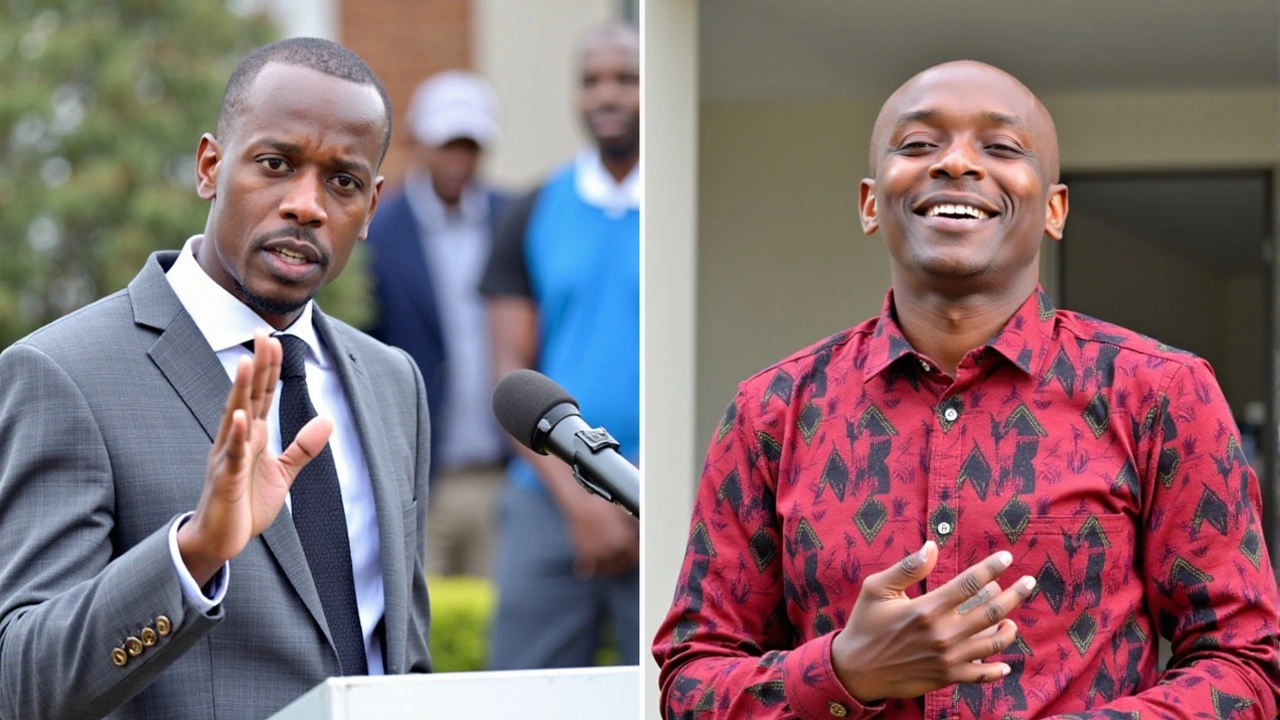
The JKLive Show, hosted by Jeff Koinange, saw a dramatic confrontation on August 28, 2024, between State House spokesperson Hussein Mohamed and lawyer Morara Kebaso. The heated debate revolved around Kebaso's allegation that he received a direct phone call from President William Ruto with an offer for a government position, a claim he asserts he respectfully declined due to his commitment to public scrutiny and transparency.
Morara Kebaso, known for his forthright criticism of the government and his proactive visits to various counties to inspect and document incomplete projects, claimed that before the direct call from President Ruto, he had received calls from individuals close to the president. Kebaso argued the calls indicated the president's seriousness in recruiting him for what they termed as 'national service', which Kebaso interpreted as an offer to co-opt him into the government machinery. When Kebaso brought this up during the interview, the conversation quickly intensified.
Hussein Mohamed, however, categorically denied these allegations, labeling them as a 'figment of his (Kebaso's) imagination'. Mohamed insisted that President Ruto never personally contacted Kebaso and demanded that he produce evidence to substantiate his claims. The tension between the two soared as Mohamed accused Kebaso of misleading the public and criticized Jeff Koinange for not asking Kebaso to present proof before making such serious allegations on air.
Kebaso countered by stating that he didn't need to prove the phone call as the president was well aware of it. He instead shifted the conversation to what he described as the government's failed promises. Highlighting the administration's pledge to establish a Kenya Medical Training College (KMTC) in Mbeere North and other unmet promises, Kebaso sought to redirect the discussion towards what he considered more pressing issues—government accountability and delivery.
Exchange of Accusations
The argument between Mohamed and Kebaso grew more intense, with each party defending their stance vehemently. Mohamed stressed the importance of truth and integrity in public discourse. He reiterated that baseless allegations could erode trust in the government and harm the democratic process. Kebaso interrupted Mohamed multiple times, criticizing the government's delivery track record and suggesting that the administration was more focused on silencing critics than delivering promises to the public.
Promises & Accountability
In one of the interview's most charged moments, Kebaso demanded that the government be more transparent and accountable, stating that citizens had the right to know the truth about their leaders and the actions of their government. Kebaso's challenge to Hussein Mohamed to bring forth evidence of the government's fulfilled promises reversed the burden of proof that Mohamed had initially placed on him regarding the president's alleged call.
Hussein Mohamed attempted to steer the conversation back, defending the president and the administration’s accomplishments thus far. He emphasized that President Ruto was dedicated to completing stalled projects and fulfilling the promises made in the Kenya Kwanza Manifesto. Mohamed highlighted various infrastructure projects, economic reforms, and health initiatives as proof of the government’s efforts to deliver on its commitments.
Despite the heated debate, Mohamed continually urged Kebaso to produce evidence of the alleged phone call, proposing that without substantial proof, such claims only serve to distract from the government's positive agenda.
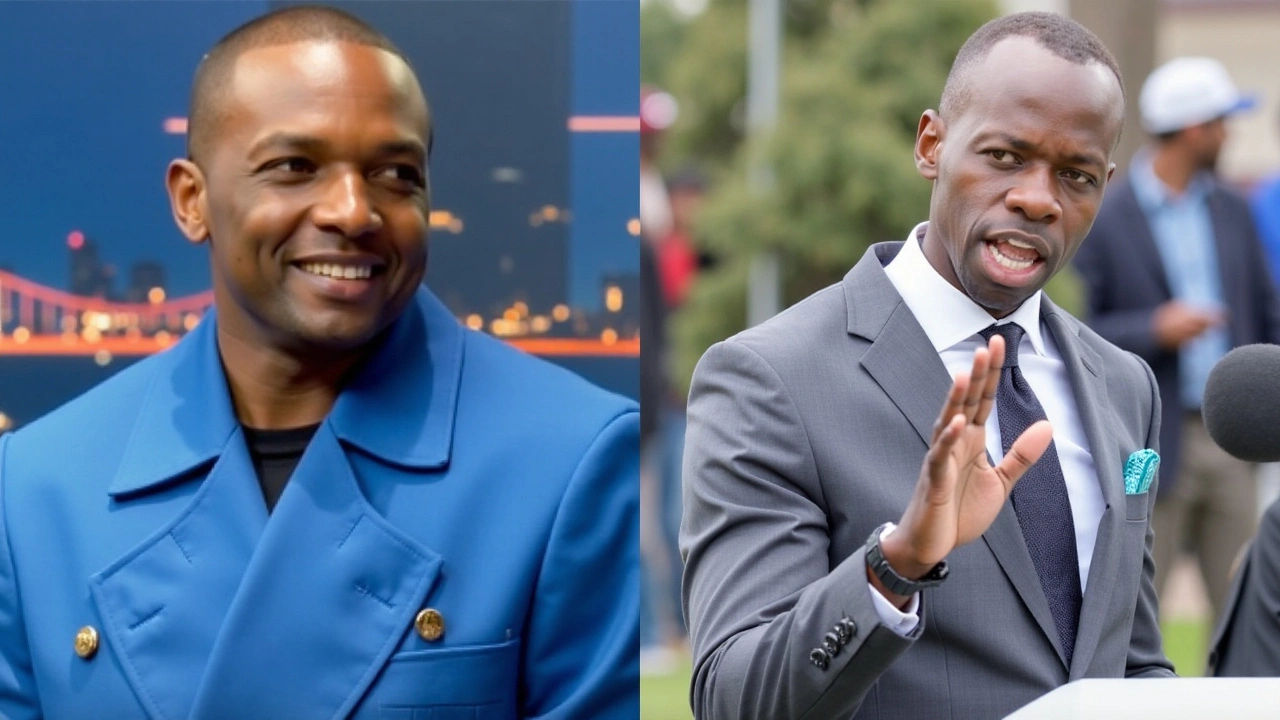
Call for Asymmetrical Verification
Kebaso signaled his readiness to provide call records from Safaricom in a follow-up interview to verify his claims. He asserted that the burden of proof should not detract from the substantive issues of governance and delivery of promises. Hussein Mohamed, on his part, reiterated the significance of accountability not just for the government but also for its critics, stressing that baseless allegations could compromise public trust and destabilize political discourse.
The interview concluded with Jeff Koinange's attempt to mediate the escalating tensions, urging both parties to focus on constructive dialogue for the betterment of the nation. The Koinange challenge underscored the fundamental role of the media in navigating through political rhetoric to uncover the truth and hold both the government and its challengers accountable.
This exchange on JKLive reflects the vibrant and often contentious nature of political debate in Kenya. While conflicting claims and heated exchanges are part of democratic discourse, the focus on evidence and accountability remains paramount. In the political landscape, truth stands as the cornerstone for a trusting relationship between the state and its citizens, and it is through rigorous scrutiny and verification that this truth can be uncovered.
The next steps, whether Kebaso will provide the call records and whether the government will address the unmet promises, hold great significance for the political narrative and public trust in leadership. As the nation watches closely, the demand for transparency and accountability by both parties involved resonates louder than ever.
August 30, 2024 AT 13:24
I’m so impressed by how Kebaso stayed calm under pressure. Like, imagine being on live TV with a state spokesperson trying to shut you down - and you just pivot to policy? 🙌 That’s leadership. Also, if he really got a call from the president, he’s got every right to say so. The burden of proof shouldn’t be on the critic - it should be on the system to be transparent. #TransparencyMatters
August 31, 2024 AT 14:18
There’s a deeper philosophical tension here, isn’t there? One side demands empirical proof for every claim - the other insists that lived experience and systemic patterns are valid evidence. Mohamed wants a phone log; Kebaso wants a track record of promises kept. Neither is wrong. But the real question is: when does accountability become performative? And when does skepticism become cynicism? We’re not just debating a call - we’re debating trust.
September 1, 2024 AT 05:40
Honestly, I think both sides have points. If the president did call, that’s a big deal - and if he didn’t, then the claim still reveals something about how people perceive power. But honestly? The real story is the KMTC. That’s a promise that affects real families. If you’re gonna argue about a phone call, at least bring receipts for the schools too.
September 2, 2024 AT 02:47
Bro the president called him and he said no 😂 imagine that energy
September 3, 2024 AT 01:16
This is a classic case of institutional legitimacy vs. individual agency. Mohamed is operating within the framework of state narrative control - he needs verifiable data to preserve institutional credibility. Kebaso is exercising civic dissent - his truth is experiential, not evidentiary. The media’s role here isn’t to arbitrate the call, but to amplify the structural failures Kebaso’s pointing to: infrastructure gaps, delayed KMTCs, broken electoral promises. Without those, the phone call is just noise.
September 3, 2024 AT 18:59
Let’s be real - no president calls random critics out of the blue unless it’s a trap. This whole thing smells like a staged distraction. You think Ruto’s got time to personally recruit whistleblowers? Please. This is a psyop. Either Kebaso’s being used by opposition forces or he’s trying to inflate his own relevance. Either way, the media’s complicit. They’re giving oxygen to a narrative that serves no one but the drama.
September 5, 2024 AT 13:19
wait so if he got a call from the president and said no… does that mean the president is trying to hire critics? like… is that a thing? i feel like i missed the memo 🤔 also why is everyone ignoring the KMTC thing?? that’s actual life stuff
September 6, 2024 AT 00:25
I think both men are trying to do the right thing, just from different places. Hussein is protecting the integrity of the office. Kebaso is protecting the integrity of the people. Neither should be silenced. Maybe the answer isn’t proving the call - but proving the promises. Let’s focus on that.
September 7, 2024 AT 15:33
This is why I love Kenyan public discourse - it’s raw, it’s real, it’s unfiltered. No one’s dancing around the truth here. Whether the call happened or not, the fact that people are even talking about it means the system is being watched. And that’s powerful. Kebaso’s not just talking about a phone call - he’s talking about power, access, and who gets to be heard.
September 8, 2024 AT 05:51
Let me tell you something - this is all part of the global elite’s plan. The president didn’t call him. The IMF called him. Or the CIA. Or both. They’re testing how easily dissent can be co-opted. Kebaso’s being manipulated to create a false narrative of ‘government outreach’ so the people think they’re being listened to - when really, they’re being pacified. The KMTC? A distraction. The phone call? A smoke screen. Wake up.
September 8, 2024 AT 14:52
There’s something quietly beautiful about how this debate unfolded. Not because of who won, but because it happened at all. In many places, this conversation wouldn’t even make it to air. Here, it did - messy, loud, unedited. And that’s the point. Democracy isn’t about polished answers. It’s about the noise between the lines. Whether the call happened matters less than the fact that we’re still asking the question.
September 9, 2024 AT 07:10
i saw the clip. koinange looked like he wanted to leave the studio. the tension was so thick you could cut it with a spoon. and then… silence. no one said anything. just… air. i swear i heard a fly buzz.
September 9, 2024 AT 21:21
ok but like… if the president called him and he said no… that’s kinda cool?? like who says no to the president?? and then still goes on tv and talks about it?? that’s bravery. also why is no one talking about the KMTC?? that’s where the real pain is 🤍
September 10, 2024 AT 00:27
I think the real takeaway here is that Kebaso didn’t need to prove the call - he just needed to remind everyone that promises are falling apart. That’s the real scandal. The phone call? Just the spark. The fire’s the broken schools, the unfinished roads, the silence after elections.
September 11, 2024 AT 22:27
This is a setup. I’ve seen this before. The government plants a critic to make themselves look open. Then they ‘debunk’ him to look strong. Kebaso’s a plant. The call never happened. The KMTC? They never planned to build it. This is all a distraction so they can pass the new tax bill in the dark. Wake up. The real story is the silence after the debate - the cameras cut to black before the truth could be told.


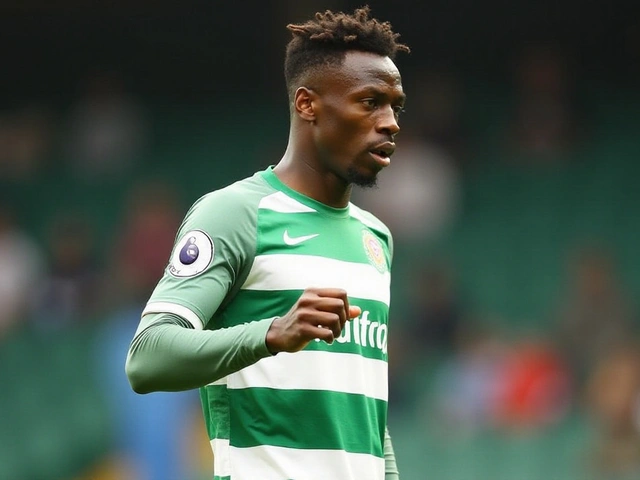
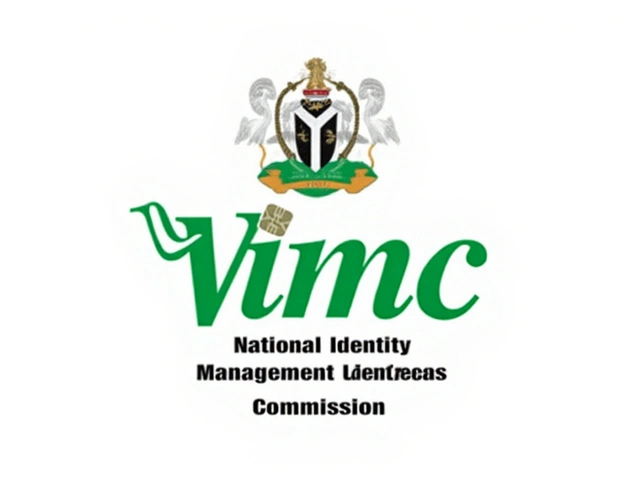

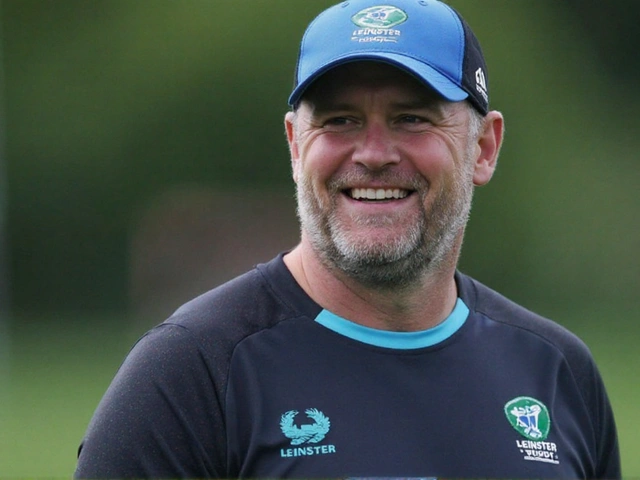
August 30, 2024 AT 04:44
man this was wild 😳 i was just scrolling and then BAM - president calling people outta nowhere? i mean, i dont know if it happened but the energy was real. also why does everyone keep ignoring the KMTC thing? that’s actual stuff people need 🙃